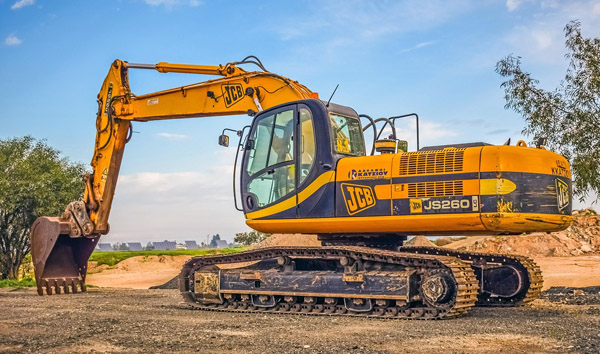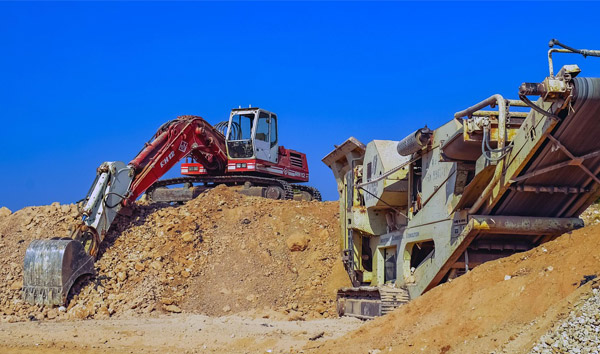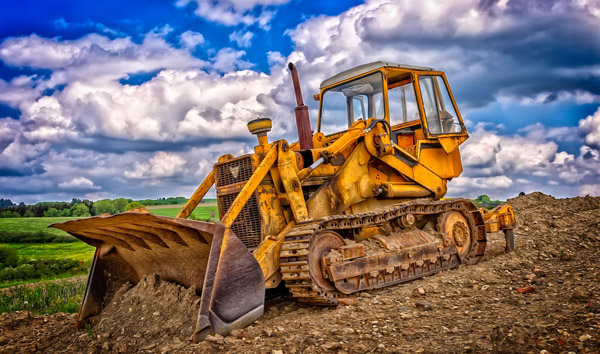Revolutionizing Efficiency: Advanced Loaders in Modern Road Construction
2025-07-02 03:15:29
The construction industry has witnessed a paradigm shift with the adoption of next-generation loaders for road construction projects. These machines, designed for heavy-duty material handling, have become indispensable in earthmoving, grading, and material transport. Modern loaders boast enhanced hydraulic systems, intelligent control interfaces, and fuel-efficient engines, ensuring optimal performance even in challenging terrains.
One of the most significant advancements in loaders for road construction projects is the integration of telematics and IoT-enabled monitoring. Real-time data collection allows operators to track fuel consumption, engine health, and operational efficiency, minimizing downtime. For instance, Caterpillar’s 980 series loaders have demonstrated a 15% reduction in fuel usage while maintaining peak productivity, a critical factor in large-scale infrastructure developments.
The versatility of loaders for road construction projects cannot be overstated. Equipped with quick-attach mechanisms, these machines can switch between buckets, forks, and grapples, adapting to various tasks without requiring additional equipment. This flexibility reduces project delays and enhances workflow continuity. Case studies from European highway expansions reveal that multi-functional loaders cut equipment costs by up to 20%, proving their economic viability.
Sustainability is another key focus in the evolution of loaders for road construction projects. Hybrid and electric models, such as Volvo’s L120H Electric, are gaining traction due to lower emissions and noise reduction—crucial for urban infrastructure projects. Industry projections indicate that by 2026, electric loaders will account for nearly 30% of new purchases in developed markets, driven by stricter environmental regulations.
In conclusion, loaders remain a cornerstone of road construction projects, continually evolving through technological innovation. From telematics to electrification, these machines are setting new benchmarks in efficiency, cost-effectiveness, and environmental responsibility. As infrastructure demands grow, the role of advanced loaders will only become more pivotal in shaping the future of construction.














